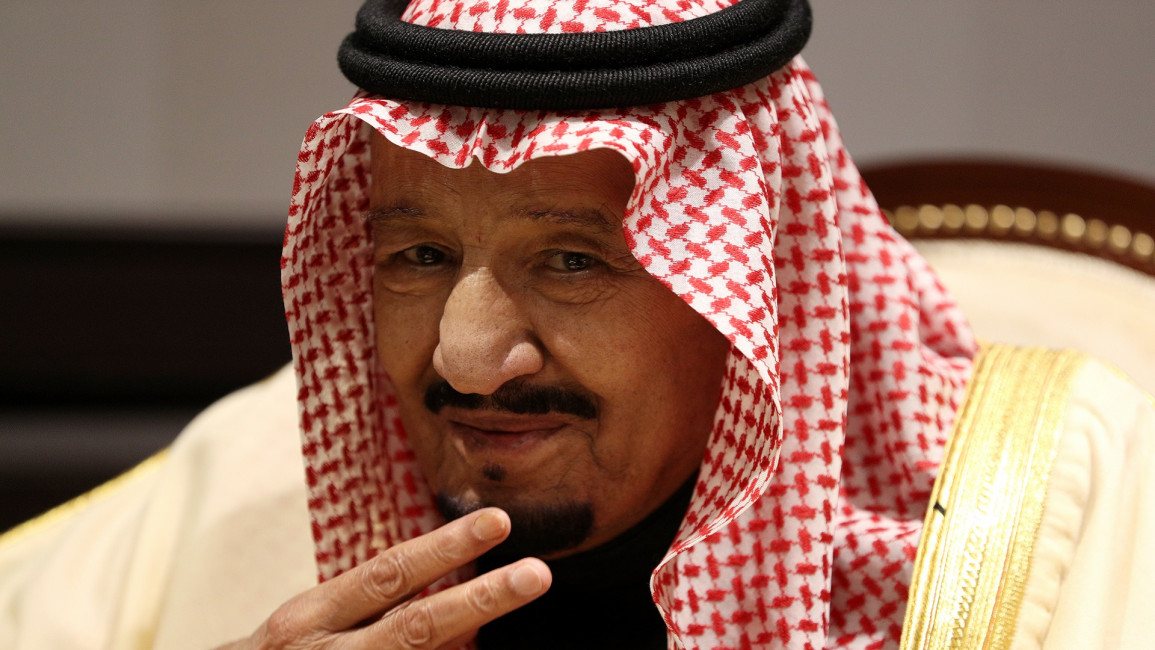Figures reveal staggering depletion of Saudi Arabia’s foreign reserves under Salman's rule
The statistics show that Saudi Arabia held $732 billion in foreign reserves in January 2015 but held only $499 billion in December 2019 – a decline of $233 billion in nearly five years. The massive decline was first reported in an article by David Hearst, the editor of Middle East Eye.
Hearst said that the war in Yemen, massive arms purchases from Western countries, and spending on “vanity projects” like the controversial futuristic city of NEOM had all played their part in draining the Saudi kingdom’s foreign reserves.
The massive loss of wealth – averaging about $46 billion per year, is equal to the total GDP of other countries in the MENA region. The Arabic news website Arabi 21 pointed out that $233 billion is 18 times the yearly budget of a country like Tunisia.
Read also: Comment: Could Mohammed bin Salman's power grab unravel Al Saud rule?
Saudi Arabia’s war in Yemen began just three months after 84-year-old King Salman assumed power. Its proclaimed purpose was to restore the authority of the internationally recognised Yemeni government after the Yemeni capital Sanaa was taken over by Houthi rebels.
However, Saudi Arabia has remained at a stalemate in Yemen five years on, while the Houthis maintain control of Sanaa. The complicated conflict has most recently seen UAE-backed separatists in the south also challenge the government’s authority.
Crown Prince Mohammed bin Salman, widely seen as the real strongman in Saudi Arabia today, became defence minister shortly after his father assumed power and spearheaded the intervention in Yemen.
He has undertaken cosmetic “reforms” aimed at loosening social restrictions but has also imprisoned and tortured thousands of activists, dissidents, and reformist clerics
Since 2015, Saudi GDP per capita has also declined, from $25,243 in 2012 to $23,338 in 2018, according to the World Bank.
The staggering depletion of foreign reserves took place before the current oil price collapse and the Saudi economy, which is largely dependent on oil, is likely to suffer as a result of the oil price crash which followed the coronavirus pandemic
Follow us on Facebook, Twitter and Instagram to stay connected



